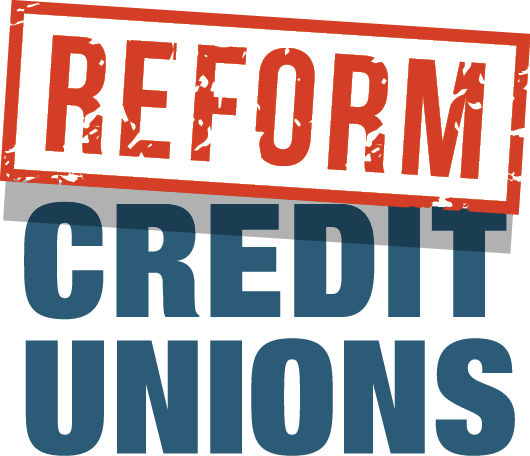In a recent podcast, American Banker’s John Heltman explored the lax rules governing credit unions that are aggressively growing, increasingly involved in riskier lending, and lacking in transparency expected of all non-profit organizations.
Three takeaways from the podcast:
1. The credit union tax subsidy is no longer serving its purpose
Credit unions were a 19th Century response to a 19th Century problem of supporting people with “small means,” but many aggressively growing credit unions no longer serve the purpose they were created for. Instead, they are being subsidized to perform the same functions as banks – without state or federal income taxes, disclosures on executive compensation or community obligations.
A better policy answer would be to get rid of the tax exemption for large credit unions and use the funds to directly subsidize lending to people with insufficient resources.
2. Tax-exempt credit unions are gaining market share and taking on high concentrations of risky loans
In recent years, credit unions’ share of the financial services market has grown 25 percent (from six percent to 7.5 percent). In some markets, the share is huge: More than half the residents in Utah and Alaska are credit union members and credit unions accounted for more than a quarter of all personal loans. In short, in many local markets some credit unions are indistinguishable from community and mid-size banks operating across the street. This also makes their misdeeds increasingly important in those local communities.
Credit unions hold roughly $340 billion in auto loans – four times more than banks with under $50 billion in assets. That’s a lot of exposure for a segment of the lending market with relatively high default rates.
3. Credit unions don’t disclose executive compensation or community reinvestment
The reason for a lack of transparency? Credit union defenders say they don’t provide the same information as banks because the law — the Federal Credit Union Act from the 1930s — doesn’t require them to do so.
That misses the point – shouldn’t large non-profit credit unions provide the same transparency as local soup kitchens and any other non-profit?
Without public accountability, it’s difficult to see why large credit unions still deserve a tax exemption.
Listen to the full podcast here.
